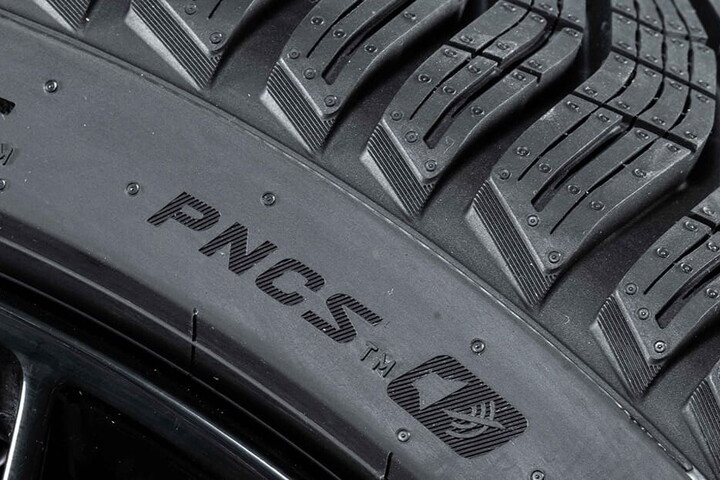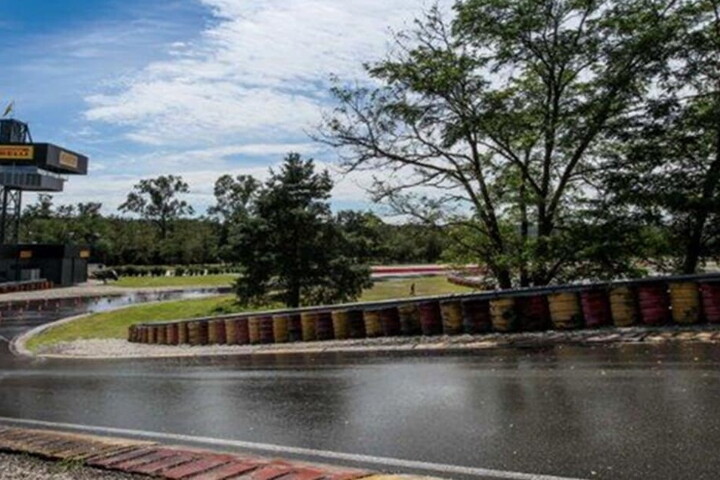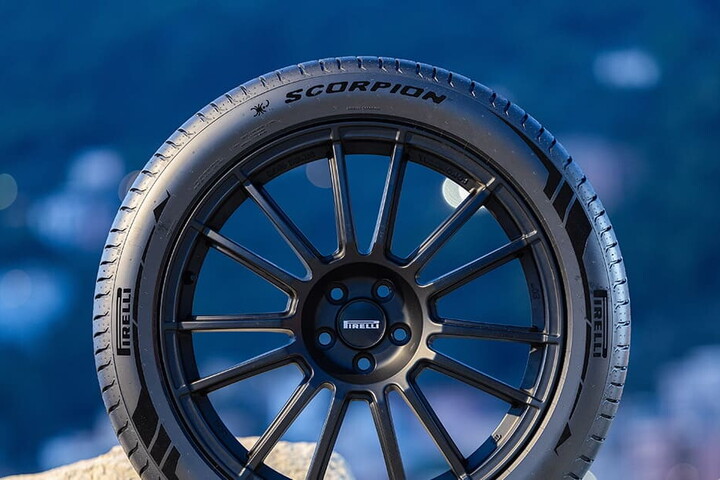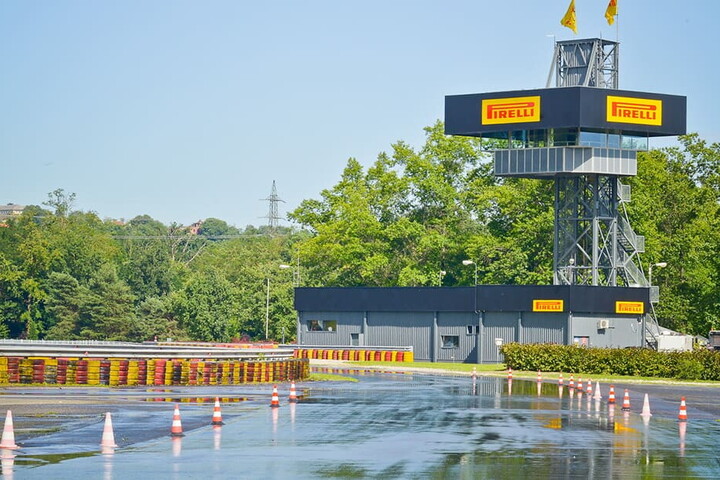Unlike the mechanics of the car, which require constant care and at times serious work in order to keep the car running smoothly at all times and ensure safety and reliability, tyres are the part of the car which needs the least maintenance. There are just a few simple rules, which must, however, be adhered to at all times.

The most important aspect of tyre maintenance is, of course, to check the tyre pressure of each individual tyre. Which is why it should be done as a rule at least once a month. Unfortunately, however, many people neglect or even completely ignore the importance of having the correct pressure level. A flatter tyre will cause problems for several aspects of the car's dynamics. Firstly, a car with tyre pressure lower than the recommended level is less safe: it affects the car's road-handling, and in particular its behaviour when performing emergency manoeuvres will be significantly harder to deal with. If, for example, the rear axle tyres have lower pressure, the reactions and grip of the rear set of tyres will become much harder to predict, placing undue stress on the car's chassis and suspension and thus causing them to work less efficiently. But the problem isn't only about car dynamics: the condition of a tyre with an incorrect pressure level will deteriorate far more quickly than would normally be expected, as if the tyre is too flat, it will be subject to greater attrition and a greater rolling resistance. Which, of course, will then have an effect on how much fuel the car consumes, and also indirectly on your wallet: incorrect tyre pressure can cause fuel consumption to increase by up to 5%!
Another fundamental check to be carried out on your car tyres is obviously the tyre tread depth, which should never fall below 1.6 mm. Not only to be in accordance with current legislation and avoid possible fines, but above all for your safety and the safety of others. Especially on wet roads, when it is necessary to have the correct tyre tread depth to enable water to disperse from the tyre and thus reduce the risk of aquaplaning. It is also important to ensure that not only the pressure and the tread depth are correct, but also to inspect the general wear of each individual tyre. A perfectly efficient car will, by its nature, wear the tyres down in a completely uniform way. However, any small problem on a geometric level or with balancing can lead to uneven wear in one of the tyres. This is why, when a new set of tyres is mounted, it is incredibly important to go to a professional who will perfectly balance out the individual tyres. A car with perfectly balanced tyres will also be more comfortable, have less vibration, and the tyres themselves will wear at a slower rate.
What's more, with every tyre change it can be a good idea to check or even change the valves and the corresponding caps; a tiny expense which nevertheless guarantees better air retention, reducing potential leakage. It is also always worthwhile paying attention to possible causes of damage, particularly when driving in the city: drain covers as deep as canyons, holes like craters and chunks of the pavement hit by accident when driving are all elements which can damage the tyre, compromising both safety and performance. A tyre with worn sides or even worse with parts ripped off after a collision must be immediately replaced, as it has suffered structural damage which will inevitably make driving less safe. Lastly, tyres also deserve your attention when you are changing from winter to summer tyres and back again. In this case, when the tyres are not being used it is advisable to keep them in a dry place away from sunlight and adverse weather in order to avoid any deterioration in their condition.




